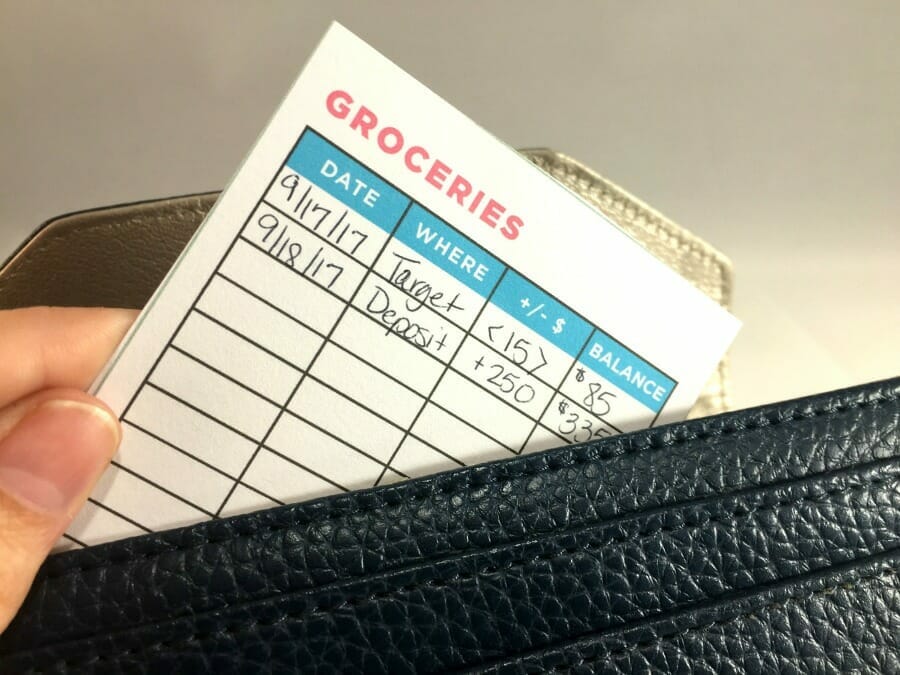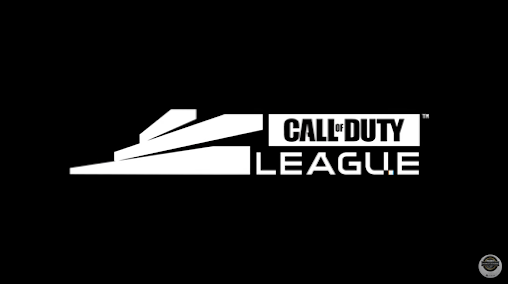How to Budget Your Money
Often times, people find themselves in a situation where something happens and they end up not having enough money to comfortably get them through it - for example, a time as serious as their car breaking down or as light as someone's birthday coming up and they forgot to get a present. There is also the situation where only a few days after being paid they have blown through half of their paycheck and wonder where their money went. Although it is easy to keep track of how much money is coming into your hands, it is often difficult to look back and see how much money is going out as well. I've been in those situations where I get a large paycheck and I buy whatever I want to, but when it comes time to pay my bills I'm stuck wondering how I've spent so much money in so little time. That is how I came across budgeting. It may sound tedious when you don't really look into it much, but trust me when I say it is truly so helpful and easy.
How to Organize Your Budget
There are many budget notebooks and templates sold in stores and online that you can purchase if you are more comfortable with that organization style, but they can sometimes be very intimidating with all of the sections embedded within them. A great and affordable way to start budgeting - especially if you're still on the fence about keeping up with it - is to grab a regular notebook that you can dedicate to your budget. Here I will be sharing the process of starting with a blank notebook.
At the top of the first page you will need to write the month you wish to start keeping track of your money. Underneath that, you will write your income for your first paycheck of that month. It also helps to include the date of that paycheck for organization and/or future purposes. You will then need to write down your set expenses for that month along with the amount of each expense. These set expenses will be your rent, bills, and subscription services. If you get paid bi-weekly, I suggest you divide each of these expenses in half so that you have more money from that paycheck to put into the other parts of your budget, and when you get your next paycheck of the month you can then put down the other half of these expenses for when those bill due dates come around. Once you have written down all of your set expenses, add up the total cost and write that down as well. You will then need to subtract this total from your income and write down your remaining balance. This balance is very important to take note of because that's the amount of money you are actually allowed to use for yourself.
Now that you have this balance, that does not mean you have that much spending money. It is now time to really dive into your budget. There is this thing called "sinking funds" where you save up money for future expenses. The common expenses I have seen put into this section are birthday presents, Christmas presents, car expenses, shoes/clothing, traveling, etc. Here is where you have the freedom to budget money for anything you wish to save up for, or even to just have extra cash on the side for when you need to purchase items in each sinking fund so that you don't have to use your personal money. Make sure each fund has its own line on your paper so that you have space to include how much money you are willing to put into each of these funds. Typically, I put down the amounts for sinking funds at the end of my budgeting, but you can put these values down right away if you would like to.
The last section you will need to keep track of is your personal spending. Some people like to have this section dedicated to miscellaneous spending money, meaning this money is used for whatever they would like to spend money on. On the other hand, you can have a few subsections for personal spending money like gas, groceries, and of course, your miscellaneous spending. I typically find it easier to fill out this section before my sinking funds and give myself a set amount of money in each subsection before putting the remaining money into my sinking funds. Again, you can do this step last if you would like to by giving yourself a set amount of money in each sinking fund and then diving the remaining money left into your personal spending section.
Once you have all of your sections and subsections of your budget written down, you can then use cash envelopes where you take out cash and put the exact amount into each corresponding envelope. Along with the envelope you need to have flashcards where you keep track of how much money is going in and out of each envelope. If carrying cash isn't your way to go, no worries. The main thing you will want/need to have is a flashcard for every sinking fund and personal spending section to keep track of all the money going in and out of each of these sections. Every time you add money to these funds, make sure to write down on the flashcard the amount going in or out as well as then the total amount within these funds. One tip I do have for this is to ignore the change. For example, if you have $150.84 to split among your sinking funds, just say you have $150. The change you save up from this can leave you with quite a bit of extra cash in the long run that you can put into your savings. The same thing goes for when you spend money, except this time you'll want to round up to the next dollar. For example, if you spent $13.35 on food you will want to say you spent $14 in order to not have to keep track of change and to let that change add up for you in the long run.





Comments
Post a Comment